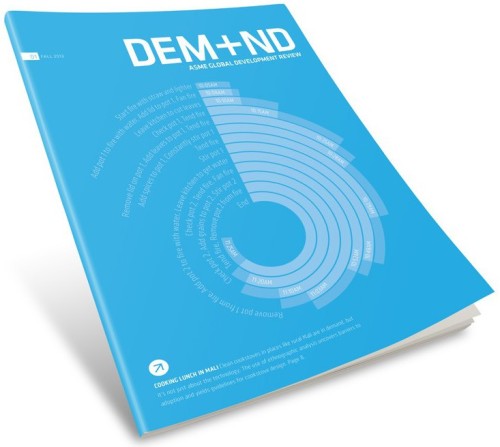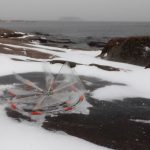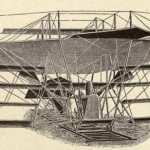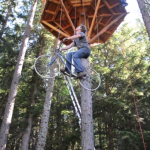Engineering for change (E4C) reports about the publication of two new peer-reviewed journals dedicated to the use of technology in developing countries. Both are freely accessible online and may be of interest to Low-tech and No Tech Magazine readers.
 Demand, a publication of the American Society of Mechanical Engineers (ASME), was launched in December 2013. It mixes case studies, stories and original reports from leaders in the sector’s fields. In the first edition, the US engineering professors Nathan Johnson at Arizona State University and Kenneth Bryden at Iowa State University place pieces in the unused cookstove puzzle with their own research in rural Mali. Other notable topics include low-cost and rugged wheelchair design, remote sensors for project evaluation, smokehoods reimagined to fight indoor air pollution and funding for social innovators. Read more about the launch of the new magazine.
Demand, a publication of the American Society of Mechanical Engineers (ASME), was launched in December 2013. It mixes case studies, stories and original reports from leaders in the sector’s fields. In the first edition, the US engineering professors Nathan Johnson at Arizona State University and Kenneth Bryden at Iowa State University place pieces in the unused cookstove puzzle with their own research in rural Mali. Other notable topics include low-cost and rugged wheelchair design, remote sensors for project evaluation, smokehoods reimagined to fight indoor air pollution and funding for social innovators. Read more about the launch of the new magazine.
The Journal of Humanitarian Engineering (JHE) was launched in May 2012. Two volumes have been published so far, and a third is on the way. The magazine, which is published by the Engineers Without Borders Institute in Melbourne, Australia, presents outcomes of research and field experiences at the intersection of technology and community development. “One of the wishes we’ve heard from experts in humanitarian design and engineering is for academia to keep pace with the rising interest in the field. Appropriate technology design and the invention of new devices, tools and infrastructure for use in regions with few resources has apparently had trouble gaining recognition in major universities. With a few notable exceptions, formal academic programs in appropriate technologies are rare, and academics have few outlets to publish their research. The JHE aims to fill this gap.” Read more about the initiative.
Demand and JHE join a growing library of publications that specialize in “global development technologies”. Appropriate Technology has been around since 2003, while Makeshift saw the light in 2011. These magazines have to be paid for. More publications and academic programs can be found here. Previously: How to make everything yourself: online low-tech resources.





